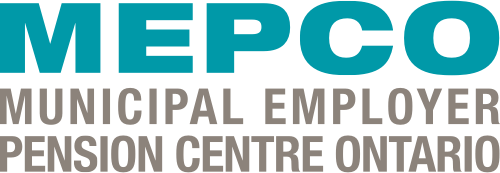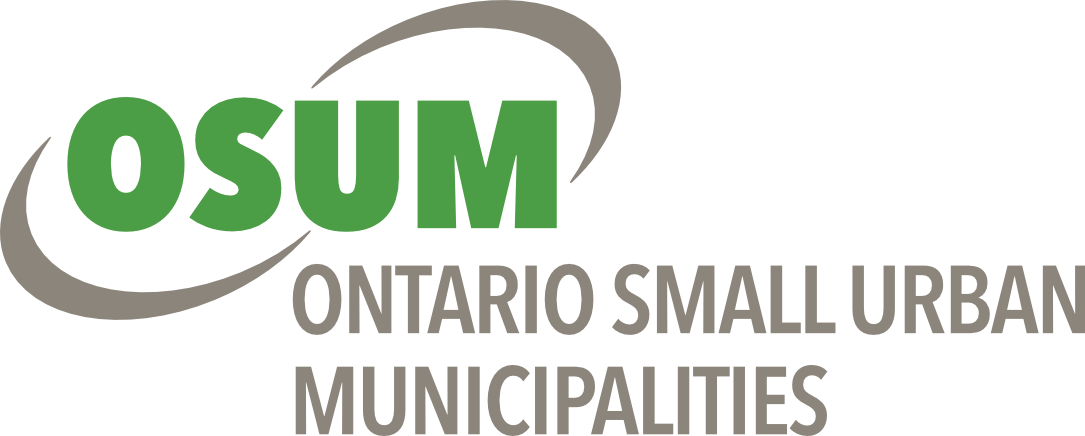ROMA Insider - October 2020

In this issue
- 2021 Annual Conference - ROMA: Connecting Rural Ontario
- ROMA Board: New Faces and New Facebook!
- What does the full producer responsibility mean for rural communities?
- ROMA provides input on farm safety regulations
- LAS Spotlight: Municipal Group Buying Program
2021 Annual Conference - ROMA: Connecting Rural Ontario
The annual ROMA Conference will be a virtual event from January 25-26, 2021. Coming nearly one year into the pandemic, this will be a critical moment to connect with each other and the province.
The 2020 AMO Conference demonstrated the value and importance of moving ahead with opportunities for municipal leaders to come together. A lot can be accomplished, including speeches from leaders, delegation meetings, Ministers’ Forums and important concurrent sessions.
Plenary and in-depth concurrent sessions on rural priorities like broadband, policing, flooding, and much more are all in the works. ROMA: Connecting Rural Ontario will open with Chantal Hebert, national affairs commentator and columnist for the Toronto Star, as the keynote speaker.
The 2020 AMO Conference demonstrated the value and importance of moving ahead with opportunities for municipal leaders to come together. A lot can be accomplished, including speeches from leaders, delegation meetings, Ministers’ Forums and important concurrent sessions.
Plenary and in-depth concurrent sessions on rural priorities like broadband, policing, flooding, and much more are all in the works. ROMA: Connecting Rural Ontario will open with Chantal Hebert, national affairs commentator and columnist for the Toronto Star, as the keynote speaker.
ROMA Board: New Faces and New Facebook
The ROMA Board welcomed two new members at its October 2 meeting: Mayor Christa Lowry of the Municipality of Mississippi Mills and Mayor Christine Robinson of the Municipality of West Grey. Lowry and Robinson were elected to the AMO Rural Caucus at the AMO Conference this past August.
These members serve on the ROMA Board alongside zone representatives, who are elected at the ROMA annual conference. This structure helps ensure that AMO benefits from the perspectives of rural communities from across the province and strengthens collaboration and cooperation.
"Rural municipalities face many issues, ranging from affordable housing and broadband to funding for transit and infrastructure improvements,” Robinson said. “I am pleased to serve on the ROMA Board as it works to represent the voice of rural communities on these key issues."
“In these unprecedented times, ROMA’s advocacy on behalf of rural municipalities is more important than ever,” said Lowry. “I’m honoured to work with my colleagues to deliver the best possible outcomes for Ontario’s rural communities. I am particularly interested in rural gaps in broadband and healthcare/long-term care.”
This fall, the Board will be setting strategic objectives for 2021. Communications is one of the top priorities and the ROMA Board also created a communications working group to ensure it reflects your interests, concerns and needs. ROMA has ramped up its presence on social media platforms to better connect our municipal community, share rural successes and update you on our news. Please follow us on Facebook and Twitter – share content with others and if you have an interesting story to share, make sure to tag ROMA so it can spread the word!
These members serve on the ROMA Board alongside zone representatives, who are elected at the ROMA annual conference. This structure helps ensure that AMO benefits from the perspectives of rural communities from across the province and strengthens collaboration and cooperation.
"Rural municipalities face many issues, ranging from affordable housing and broadband to funding for transit and infrastructure improvements,” Robinson said. “I am pleased to serve on the ROMA Board as it works to represent the voice of rural communities on these key issues."
“In these unprecedented times, ROMA’s advocacy on behalf of rural municipalities is more important than ever,” said Lowry. “I’m honoured to work with my colleagues to deliver the best possible outcomes for Ontario’s rural communities. I am particularly interested in rural gaps in broadband and healthcare/long-term care.”
This fall, the Board will be setting strategic objectives for 2021. Communications is one of the top priorities and the ROMA Board also created a communications working group to ensure it reflects your interests, concerns and needs. ROMA has ramped up its presence on social media platforms to better connect our municipal community, share rural successes and update you on our news. Please follow us on Facebook and Twitter – share content with others and if you have an interesting story to share, make sure to tag ROMA so it can spread the word!
What does full producer responsibility mean for rural communities?
The federal government’s plan to ban single-use plastics was a reminder that plastics continue to take a toll on our environment – and waste diversion budgets. The crisis in plastics– from disrupted recycling markets to multi-layered packaging – have been key drivers in Ontario’s move to full producer responsibility.
On the Blue Box, many ROMA municipalities deserve thanks for passing Council resolutions that helped ensure servicing for communities with populations less than 5,000 people, parks and public spaces. Under the regulation, producers will either provide the service directly to the public or they can negotiate commercial terms with a municipality to provide services on their behalf.
Municipalities will have to decide if they want to stay in the business of recycling. For many, that decision will be informed by negotiations with producers and/or their representative organizations on providing the service. This will drive some of the financial implications of opting in or out of service delivery.
Having good data on the cost of current programs – and making those programs as strong resilient and sustainable as possible – will help rural municipal governments navigate these decisions, according to Cathie Green, Public Works Assistant for Drummond/North Elmsley. Cathie has worked on both rural curbside and depot recycling programs. Green said that cost calculations needs to include hidden costs like finance, legal, customer service, maintenance, overhead and Clerk’s Office resources.
Green noted that strengthening local programs now will put municipalities in a good position as the program transitions between 2023 and 2025. The most important thing is that by making the shift, producers and packagers will have a stronger financial incentive to make better packaging choices – which helps both the planet and residents. Learn more.
On the Blue Box, many ROMA municipalities deserve thanks for passing Council resolutions that helped ensure servicing for communities with populations less than 5,000 people, parks and public spaces. Under the regulation, producers will either provide the service directly to the public or they can negotiate commercial terms with a municipality to provide services on their behalf.
Municipalities will have to decide if they want to stay in the business of recycling. For many, that decision will be informed by negotiations with producers and/or their representative organizations on providing the service. This will drive some of the financial implications of opting in or out of service delivery.
Having good data on the cost of current programs – and making those programs as strong resilient and sustainable as possible – will help rural municipal governments navigate these decisions, according to Cathie Green, Public Works Assistant for Drummond/North Elmsley. Cathie has worked on both rural curbside and depot recycling programs. Green said that cost calculations needs to include hidden costs like finance, legal, customer service, maintenance, overhead and Clerk’s Office resources.
Green noted that strengthening local programs now will put municipalities in a good position as the program transitions between 2023 and 2025. The most important thing is that by making the shift, producers and packagers will have a stronger financial incentive to make better packaging choices – which helps both the planet and residents. Learn more.
ROMA provides input on farm safety regulations
ROMA supported measures by the Ontario Government to help secure safety on farms, while respecting people’s rights to express their views. Now, it is providing the Province with input on the regulation under the Security from Trespass and Protecting Food Safety Act. ROMA is advocating for clear definitions and rules that minimize red tape to achieve the Act’s goals. Peaceful protests should also ensure the safety of farms, farm families and their staff, and our food supply.
LAS Spotlight: Municipal Group Buying Program
Group buying can be a powerful tool to help municipalities reduce the cost of the products and services. LAS’s Municipal Group Buying Program offers Ontario municipalities the combined purchasing power of more than 1,600 municipalities across Canada with more than 100 different suppliers. Not only does this program reduce both the time and expense of getting the products and services your municipality needs, but it allows you to buy from local suppliers using national discounts. The program is constantly adding new vendors and categories, so check back often.
Share this Post






